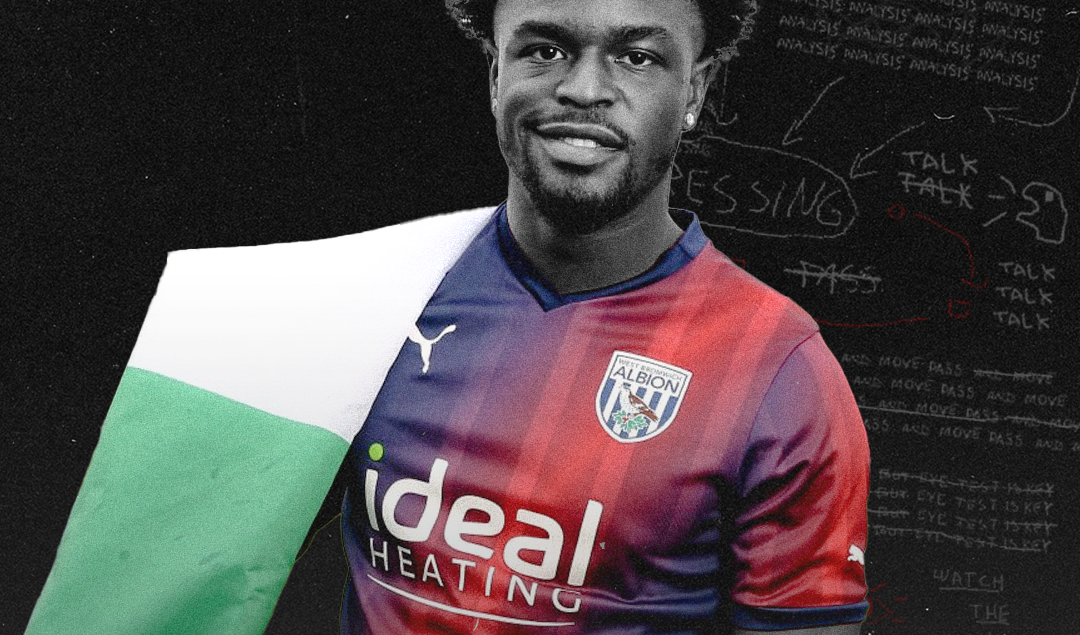The Impact of VAR Decisions on Football
Video Assistant Referee (VAR) is like a helper for referees in sports. If the main referee is uncertain of a call, they can ask for help. VAR then uses video material to avoid big mistakes and keep things fair. That way, they assist the main referee in making better decisions. VAR fixes obvious mistakes that can change the game, mostly in pivotal situations. However, like any technology, it isn’t without its flaws. This article explores the impact of VAR decisions on football.
Common Mistakes Made by VAR in Football Matches
Let’s first discuss some general mistakes VAR can make. One common issue is the subjective nature of interpretations, which often leads to debates among referees, resulting in inconsistent decisions. Additionally, the time taken for VAR reviews can disrupt the flow of the game, causing frustration for players, coaches, and fans. Relying too much on technology can sometimes lead to incorrect decisions, as it may overshadow the judgment of the referees.
Clear communication of VAR decisions is crucial, as unclear explanations can create confusion and annoyance for those involved. Despite technological assistance, human errors can still happen, highlighting the fallibility of both referees and VAR officials.
Regardless of the controversies that sometimes surround VAR, passionate football fans can use Bet365 super boosts for enhanced odds on selected markets, allowing you to get better returns on your bets. Dive into informed decisions by researching teams, comparing odds and setting a budget. Mix and match super boosts with other bets for a winning combo. Keep track of your progress and remember, responsible betting is the name of the game.
VAR Technology Is Not Perfect
Several instances stand out as particularly controversial, shedding light on the complexities that come with the integration of technology in decision-making processes. One such instance occurred during the 2018 FIFA World Cup Final between France and Croatia. Here, VAR was called upon to address a handball incident, ultimately leading to the awarding of a penalty to France.
This decision and its subsequent implications sparked intense debates, showcasing the far-reaching effects that VAR can have on the course of a game and the emotions of fans and players alike. Likewise, the application of VAR to offside decisions in the Premier League has caused its fair share of controversy.
As close calls are reviewed through VAR, the margin for error is reduced, yet the process is not without its drawbacks. The precise nature of offside judgments, combined with the use of technology, has stirred frustration among supporters, players and coaches due to the perceived inconsistency and potential impact on the flow of the game.
Impactful Reviews
VAR’s involvement in revisiting penalty calls also introduces a new layer of analysis to crucial moments within a match. The outcomes of these reviews, which can result in penalties being awarded or overturned, have led to intense debates about the fairness and transparency of the decision-making process, as well as the role of technology in influencing the course of the game.
Moreover, VAR has extended its reach to red card incidents, offering the opportunity for contentious decisions to be re-evaluated. While the intention is to ensure accuracy and fairness, these reviews have generated diverse opinions from experts and fans alike, further underscoring the multifaceted nature of implementing technology-assisted judgments.
An additional source of controversy lies outside VAR itself: the reliability of goal-line technology. Though distinct from VAR, these instances underscore the broader challenges and concerns associated with technological intervention in football. Instances, where goal-line technology has failed to deliver unequivocal verdicts, have prompted discussions about the potential limitations and unforeseen consequences of relying on such systems.
Key Takeaways
In conclusion, the introduction of VAR has brought about a paradigm shift in football’s decision-making landscape. The above-mentioned incidents serve as illustrative examples of the multifarious discussions and disagreements that have arisen as a result. As VAR continues to be refined and integrated into the sport, it is evident that the discourse surrounding its implementation will persist, highlighting the ongoing negotiation between tradition, technology and the pursuit of fairness within football.
